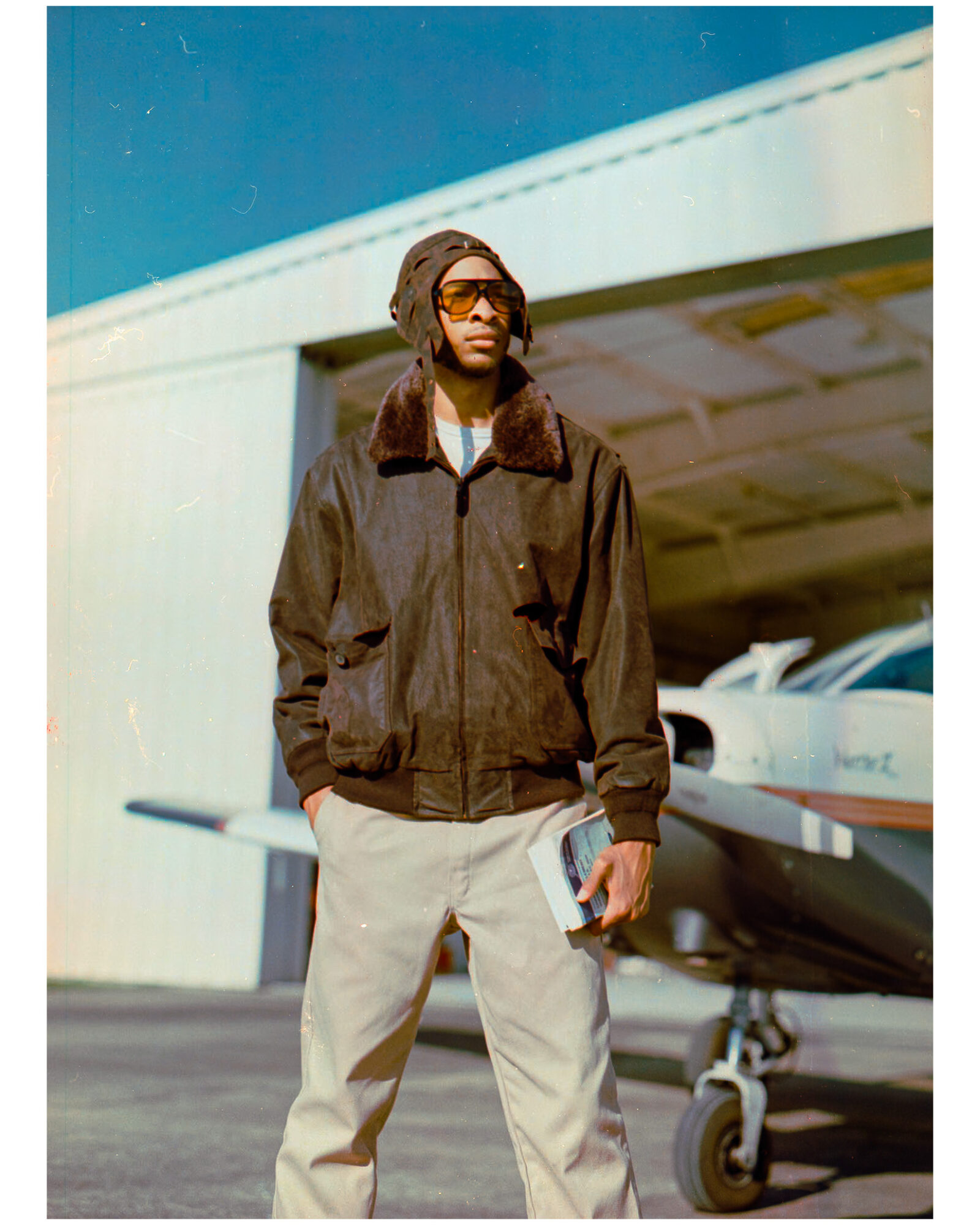

Today we’d like to introduce you to Spencer Hawkins
Hi Spencer, please kick things off for us with an introduction to yourself and your story.
I’ve always had a deep passion for photography, movies, and cinematography so much so that my stepmother jokingly calls me the “family film critic.” From a young age, I found myself captivated by the way visuals could tell a story, evoke emotions, and transport audiences into different worlds. My dad, a true family man, had a unique tradition that brought us all together, watching cinematic tuner car videos. He loved seeing how people could take an affordable car and transform it with tastefully crafted modifications. While he admired the builds themselves, I was drawn to something else; the artistry behind the shots. I became obsessed with color grading, cinematic music, dynamic dolly shots, and the way filmmakers highlighted aggressive body panels and intricate three-piece wheels to make the cars feel larger than life.
During the height of the COVID-19 pandemic, stuck at home with little to do, I decided to turn that passion into action. I invested in a camera, eager to create something of my own. That decision set me on the path I’m on today, one where storytelling, cinematography, and visual artistry became more than just interests; they became my purpose. At first, I dove into car photography, but it didn’t take long to realize I wasn’t very good at it. Frustrated, I quickly moved on. Next, I attempted to create cinematic car videos, but without the proper resources to bring my vision to life, I felt limited and eventually set that aside as well. Still, I knew I needed a creative outlet. That’s when I shifted my focus to candid photography and portrait work. To my surprise, I started improving, and before long, I had built a small reputation for myself around campus. But after about six months, I hit another roadblock. Photography was fun, but it wasn’t my passion, it didn’t ignite that deep creative spark I was searching for.
I knew I wanted to make movies, but I had no idea where to begin. So, I did what any novice filmmaker does, I picked up my camera and just started shooting. The first film I ever made was pure instinct, I had no script, no shot list, and no real idea of what I was doing. I simply picked up the camera, started recording, and somehow managed to get my point across. It was raw, unpolished, but it was a start. Then came No Homecoming, the film that would define my journey and change my life for the better. It all started with a simple conversation. I was leaving class when a friend asked me what my plans were for the summer. I casually replied that I’d be staying in my apartment, taking summer classes. She paused and asked, “Why don’t you ever go home?” That question stuck with me. I knew others would eventually ask the same thing, so instead of just answering, I decided to write my next film. I never considered myself a strong writer, mainly because I struggled to write about topics I didn’t deeply care about. But as I began crafting the narration for No Homecoming, something shifted. A flood of emotions poured onto the page, and before I knew it, I was venting through my script, unpacking my complicated feelings about my hometown. When I finally released the film, the response was overwhelming. People from all walks of life reached out, sharing how deeply they connected with it. Some even said it was the push they needed to overcome their own struggles. That film opened doors I never imagined, winning awards at multiple film festivals, invitations to speak at events, opportunities to direct short films, shoot commercials for brands, and even secure a student ambassador deal with MAX. Looking back, it’s surreal to think that everything stemmed from one simple decision to pick up a camera and click the shutter. Life is unpredictable, but sometimes, all it takes is one step forward to set everything in motion.
We all have a favorite movie, one that instantly transports us back to a specific moment in time. Films have a unique way of embedding themselves into our memories, not just for the stories they tell but for the emotions they stir and the periods of our lives they represent. The nostalgia of revisiting a beloved movie isn’t just about the film itself, it’s about reliving who we were when we first watched it. That’s the kind of impact I strive for in my filmmaking. I want my work to be more than just entertainment, I want it to serve as a time capsule, a source of nostalgia that allows people to relive the moments when life felt simpler and happier. My goal is to create films that become a part of someone’s childhood, stories that resurface in conversations years later. I imagine friends reminiscing, saying, “Hey, remember those short films Spencer Hawkins made back when we were in seventh grade? Man, those were good times.” That kind of lasting connection is what I hope to achieve every time my name is mentioned in the world of storytelling.
I’m sure it wasn’t obstacle-free, but would you say the journey has been fairly smooth so far?
A journey without challenges or obstacles seldom fosters a true appreciation for the destination upon arrival.
As a filmmaker, the hardest part for me was to find outside support for my craft. We live in a day and age where you’re only supported if you have quote-on-quote “clout”, a million Instagram/TikTok followers, or have some connection to somebody with status. I can recall the early stages of my filmmaking journey when I was trying to get my feet wet and constantly being rejected by the few peers around me who were active in the film community. My dad always used to tell me, and I quote ” If you want to get something done, then you have to do it yourself”. From there I went and started to teach myself the foundations of filmmaking at Youtube University. I began recruiting my friends as my cast, a special shoutout to my Auburn and Tuskegee community, and we filmed project after project, refining our craft with each shoot. Every mistake became a lesson, pushing me to improve in areas such as cinematography, audio, sound design, and directing. An artist is never fully satisfied with their work, as creativity is a continuous pursuit of growth and perfection.
As you know, we’re big fans of you and your work. For our readers who might not be as familiar what can you tell them about what you do?
I am a writer-director specializing in documentary and comedy films. When I first ventured into filmmaking, I wasn’t sure which genre to pursue. But documentaries, especially those rooted in my own experiences, came the most naturally. If you’re just starting and struggling to tell a story, start with your own. There’s something powerful about drawing from real life; authenticity always resonates. Comedy, on the other hand, found me by accident. My friends are hilarious, and I had a habit of filming their everyday antics and storing the footage on my hard drive. One day, I had a simple idea: “Hey, let’s shoot a comedy.” They were all in. Acting wasn’t their strength, but that didn’t matter, I had them play themselves, which made the performances feel natural and authentic. Most comedy films rely heavily on improvisation, and in my case, every comedy short I’ve made has been 100% unscripted. My approach to comedy is unconventional, I research real crimes committed in high risk areas and build a story around them. But instead of taking the traditional serious route, I flip the tone and turn it into satire, almost like a parody film. Black films often receive criticism when they center around crime, so I thought, why not make it funny? By blending dark realities with humor, I create stories that entertain while also offering a fresh perspective on narratives that are often told in only one way.
I’d say I’m most known for my raw, informal style of filmmaking. My friends often call me the “king of resources” because I’ve always found a way to make things work, no matter the limitations. That mentality comes from my time in college, when I had little to no money but was determined to get my projects done. It forced me to be resourceful and think creatively.
One example of this was in a film I was working on where I had a scene involving a drone pilot communicating with an extraction team on the ground. Well, it just so happens that my godbrother is an F15 pilot, and he’s friends with a few MQ9-Reaper drone pilots. They took a look at my script, liked it, and helped me refine the technical aspects to make it more authentic. Another example came when I was shooting a film set in the early ’90s. Instead of renting equipment, I used my dad’s old Sony Handycam to record everything. For the hero car, I borrowed his BMW E39 to give the film an authentic feel. It’s about making do with what you have and finding ways to elevate your work, even when resources are scarce.
As I reflect on my journey, it’s not the awards, invitations, or endorsements that fill me with pride, it’s the impact I’ve had on new filmmakers. I get messages on Instagram all the time from people sharing how much I’ve inspired them to start making films, and that’s what truly drives me. One of the most memorable compliments came when I was still in college. My friend Rob approached me and said, “Spence, you showed me that you can make a film in Alabama.” My response was: “As long as you have a creative mind and a camera, you can make a film anywhere.”Over time, people started approaching me at parties, telling me how much I had influenced them to start documenting memories with their cameras. One comment i’ll never forget was from a freshman, he said: “All good things must come to an end, but we can relive it and share these memories with a camera. Thank you for putting me on, Spence.” It was in those moments that I truly began to realize the impact I was having, not just as a filmmaker, but as someone who inspired others to capture and preserve the moments that matter.
There have been countless times where I’ve crafted short films based solely on a song. When that happens, I enter what I call an “avatar state,” if you know you know, completely immersing myself in the music. I block out distractions—phone calls, text messages, and focus only on the instruments, allowing the sound to guide my creative vision. It’s in those moments that my true love for this craft shines through, as I channel everything I have into bringing the story to life, driven by the rhythm and emotions of the music. Filmmaking, for me, is not just a job, it’s an art form I hold deeply in my heart.
Do you have any advice for those looking to network or find a mentor?
For a long time, I resisted the idea of having a mentor. I misunderstood what mentorship truly meant, largely because many people around me, often older, assumed the role simply due to our age difference. These so-called mentors never took the time to understand my perspective; instead, they tried to mold me into their way of thinking, rather than guiding me toward what worked best for me. That changed when I met Don Bagwell, an older gentleman with an unwavering dedication to uplifting Black youth. He didn’t just offer advice, he invested in my success and well-being. Through his guidance, I quickly realized that a true mentor does more than instruct; they care deeply about the person behind the ambition, ensuring their growth both professionally and personally. If you’re looking for a mentor, my advice is to immerse yourself in spaces where passionate, knowledgeable individuals gather. Film festivals are a great place to start, you’ll meet people who not only love cinema but also have invaluable connections that could help you along your journey. Another overlooked but incredible resource is your local camera shop. Personally, I prefer mom-and-pop stores, especially those run by senior citizens. Their wisdom, experience, and stories from the past offer insights you won’t find anywhere else.
Whenever I return to my hometown of Hampton, Virginia, I make it a point to visit Chuck Cameras. Chuck has been a guiding figure for me, not just a shop owner but a mentor in his own right. I stop by to share updates about my journey, pick up some camera gear at a great price, and most importantly, pitch my ideas to him. His advice has played a key role in shaping my vision and bringing it to life. Never feel like you must attach yourself to someone simply because of their success or age. A true mentor isn’t defined by their achievements alone but by their willingness to genuinely guide you toward your goals, regardless of where you are in your journey. At the same time, be cautious of individuals who seem overly obsessed with networking. Too often, “networking” is just a polite way of saying “use and abuse”, where people seek connections solely for their own gain, without offering real support in return. A good mentor values mutual growth, not just what they can take from you.
Contact Info:
- Instagram: https://www.instagram.com/lavishedprince/
- Youtube: https://www.youtube.com/@spencerhthelavish
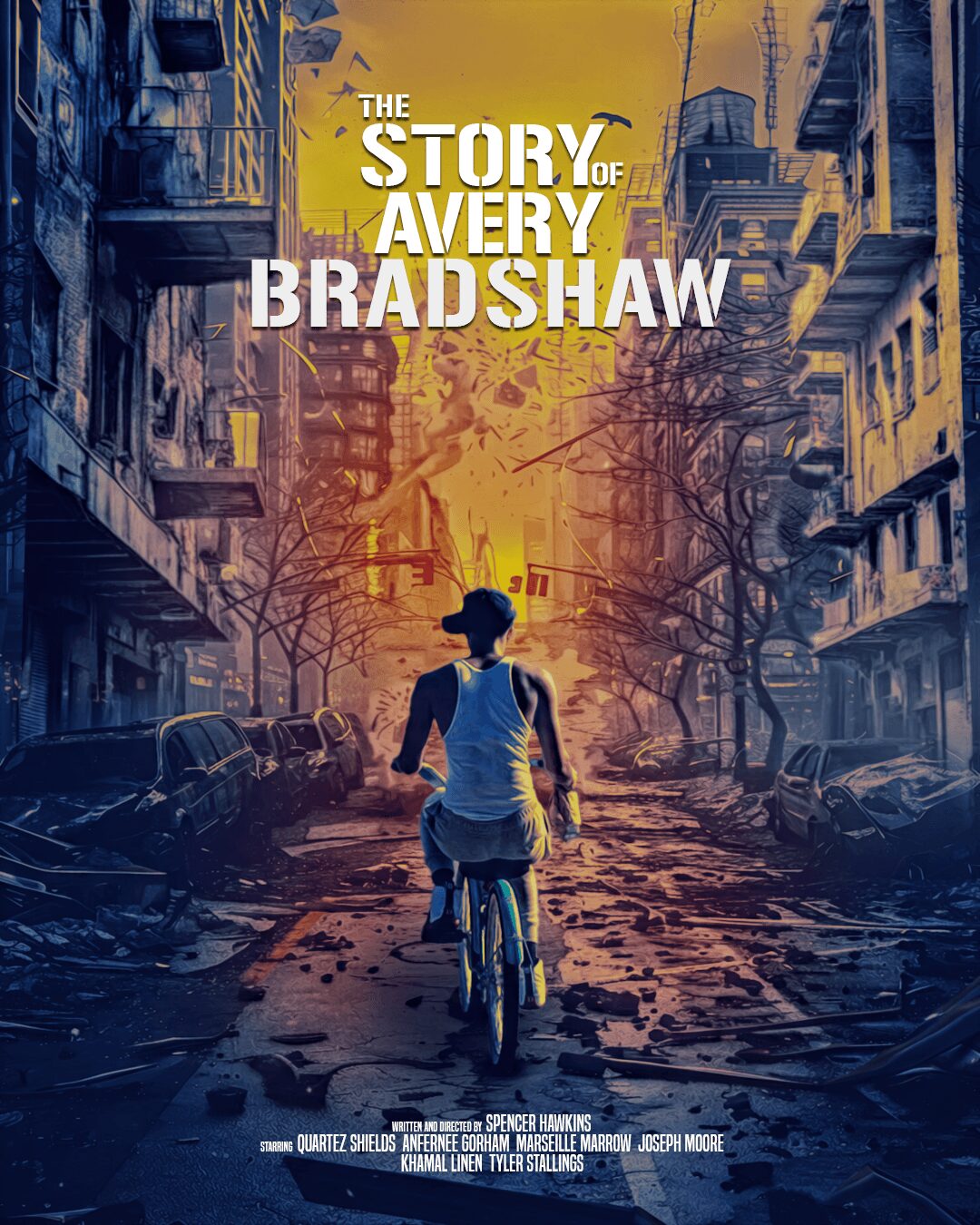
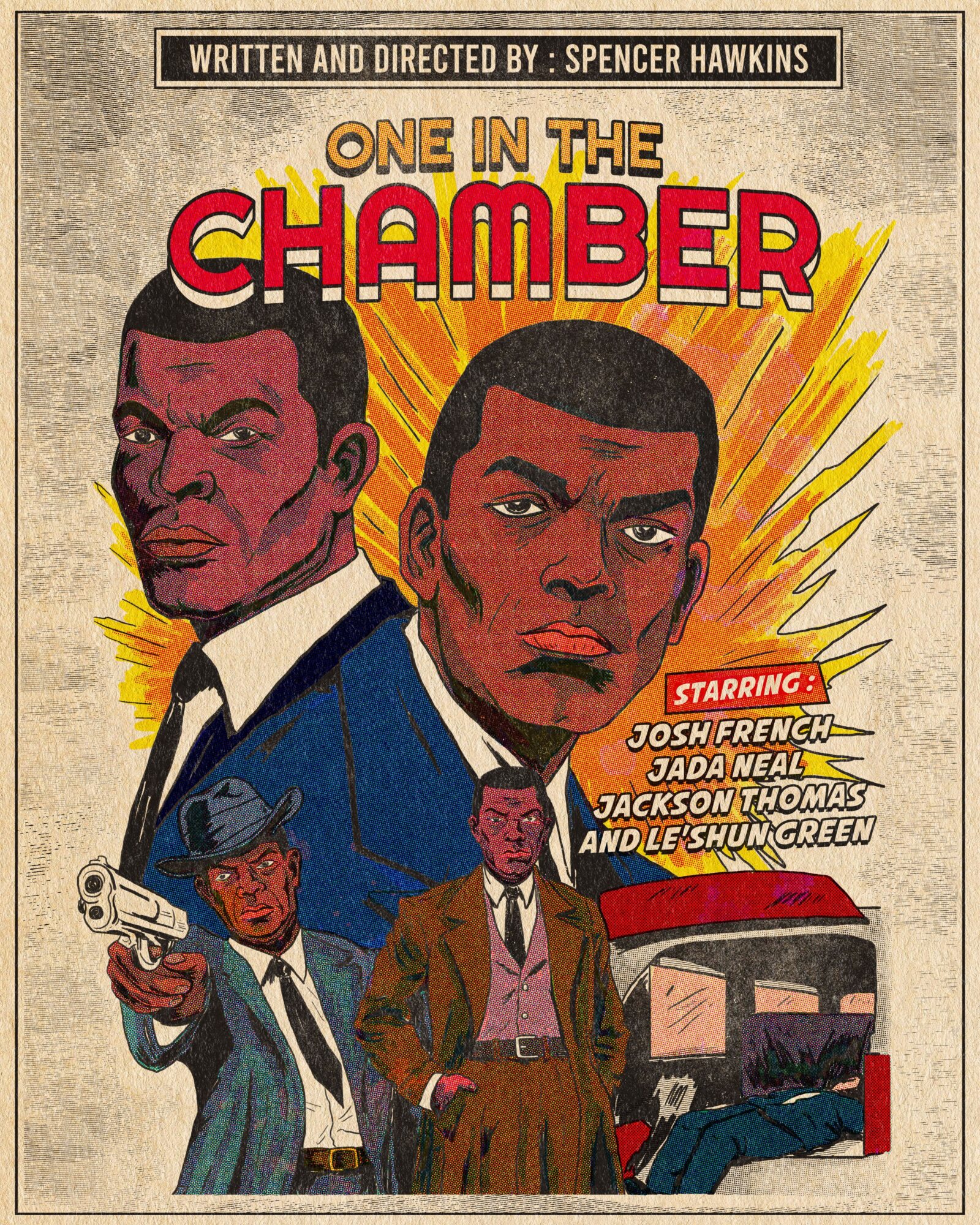
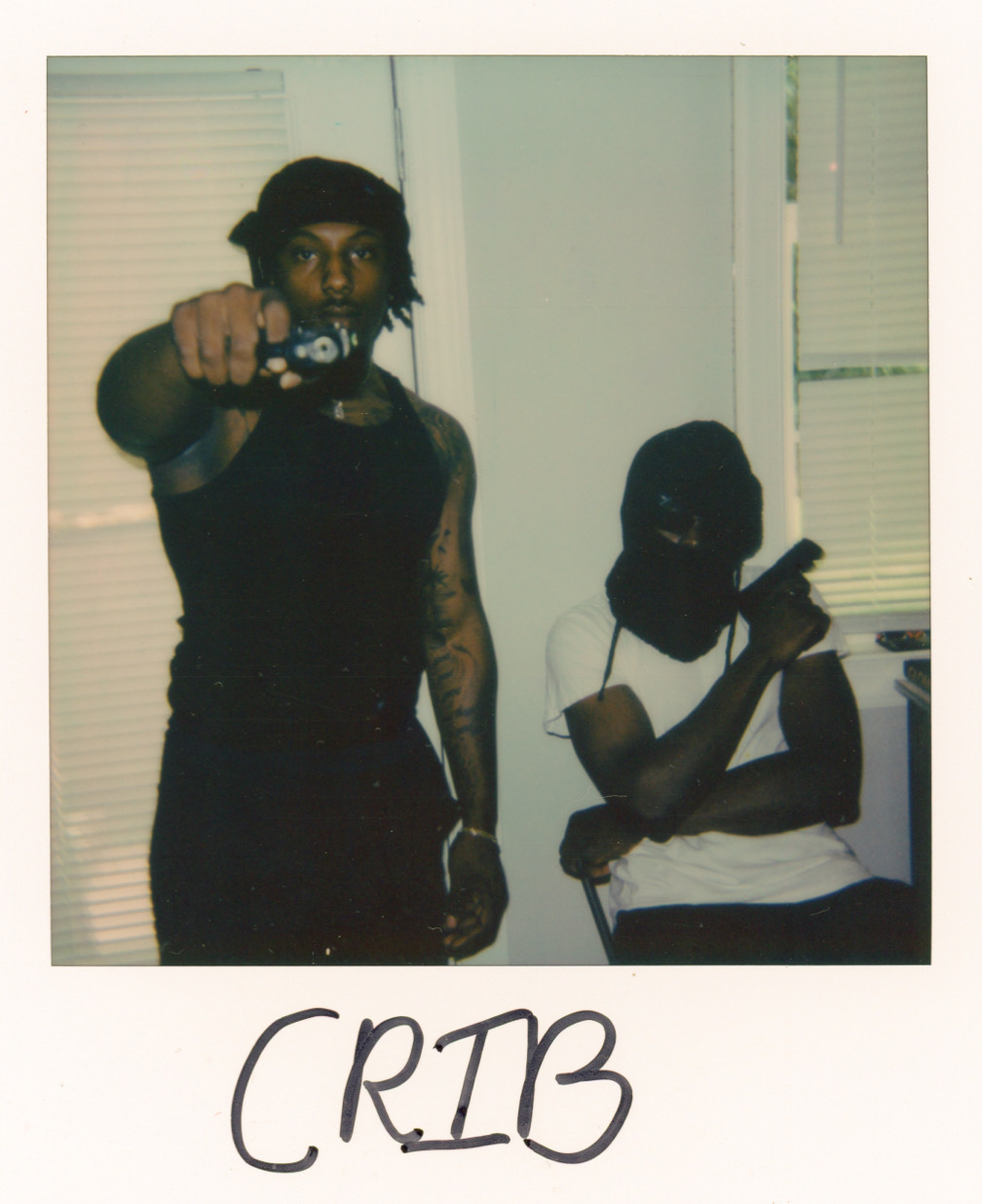
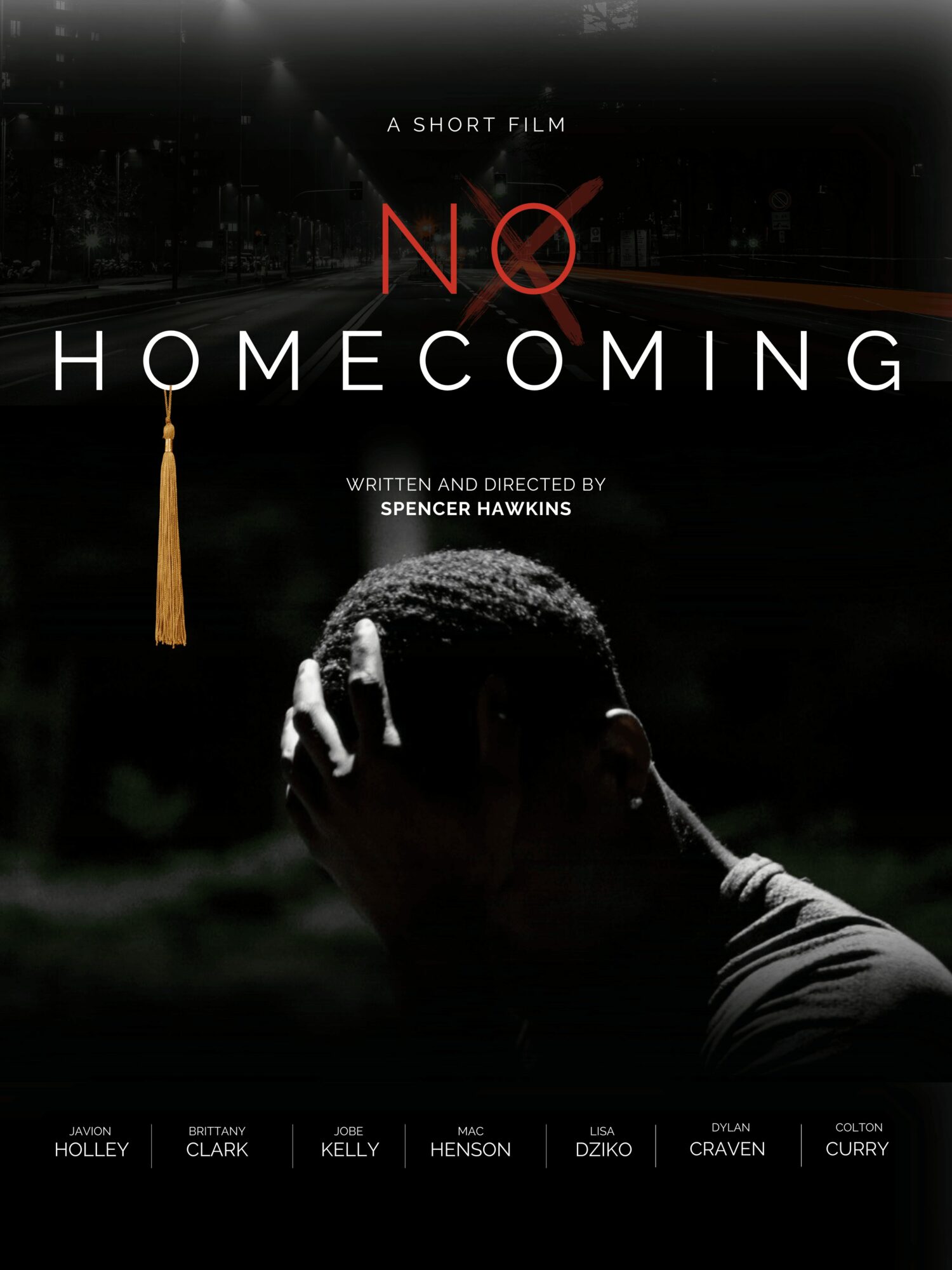
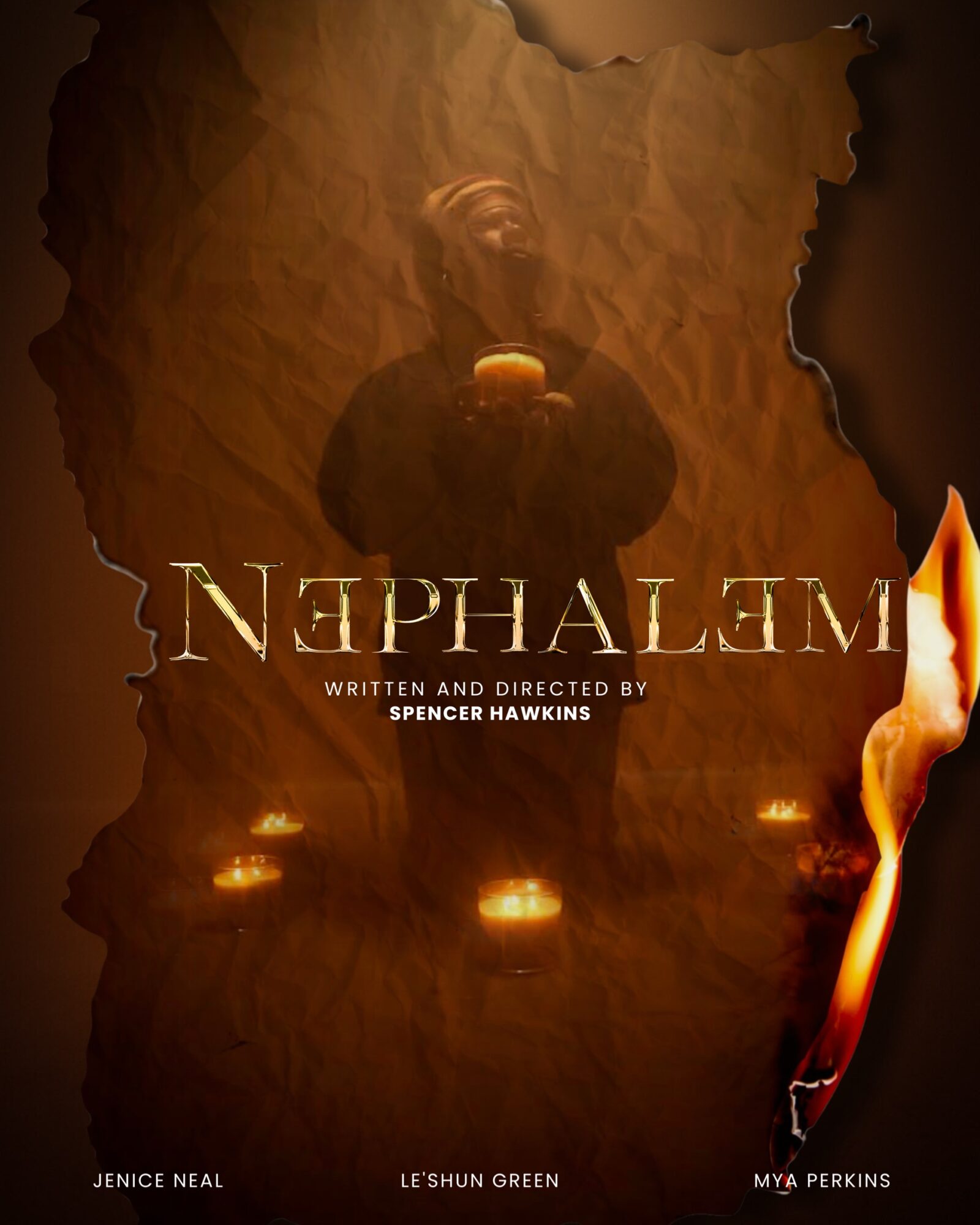
Image Credits
Chris Etienne













